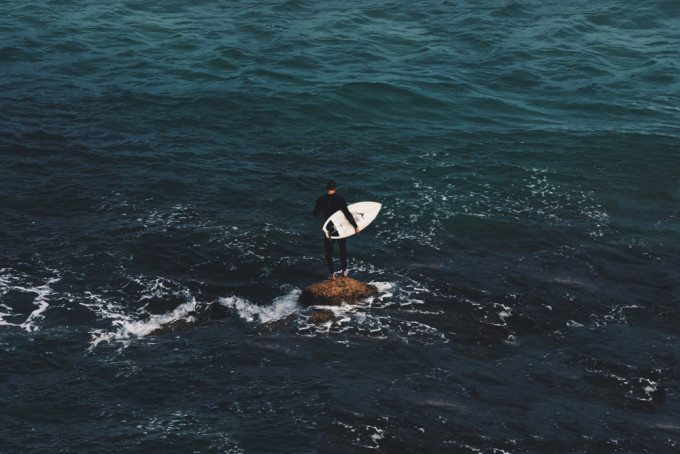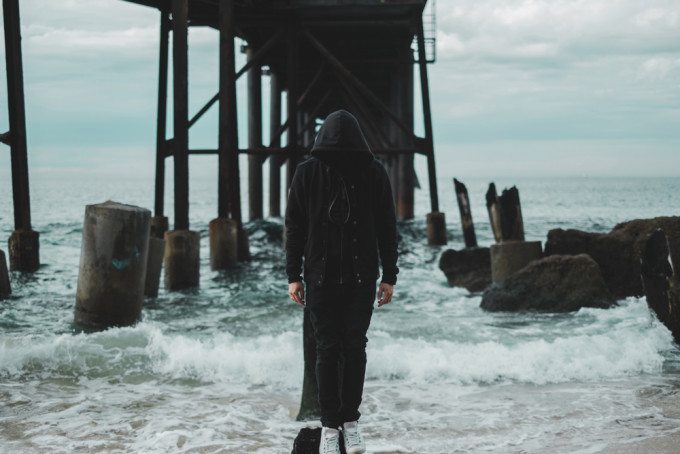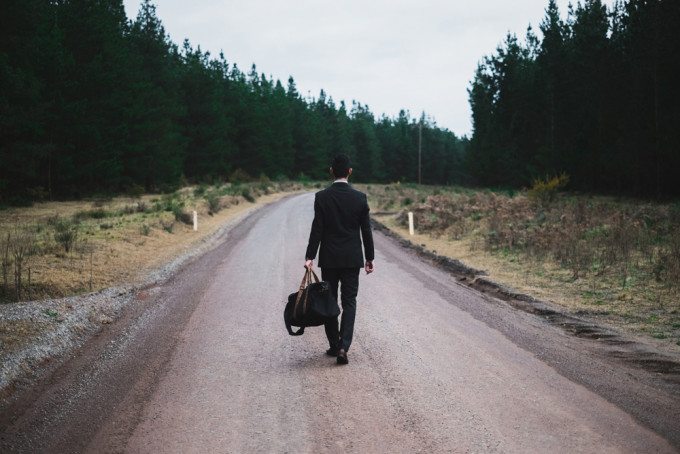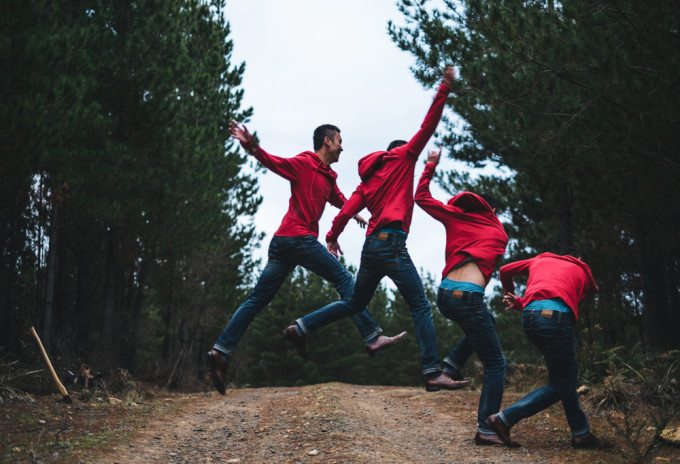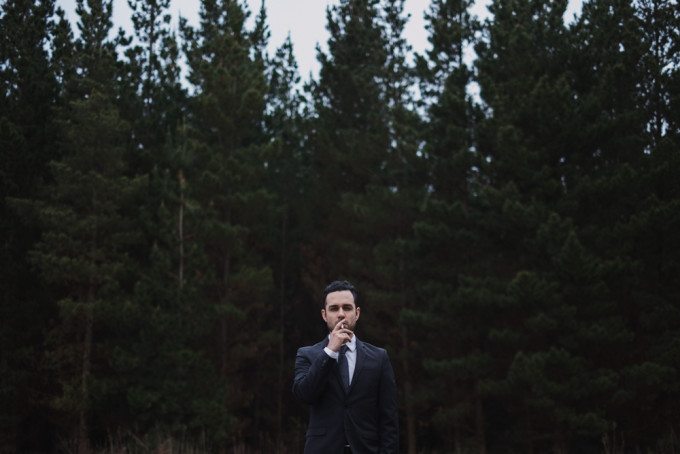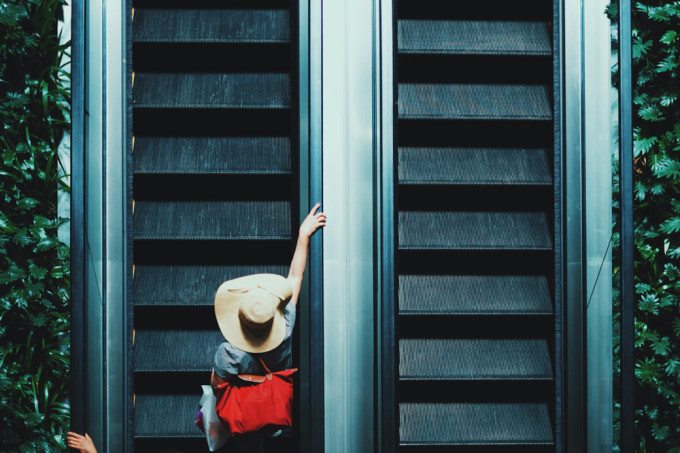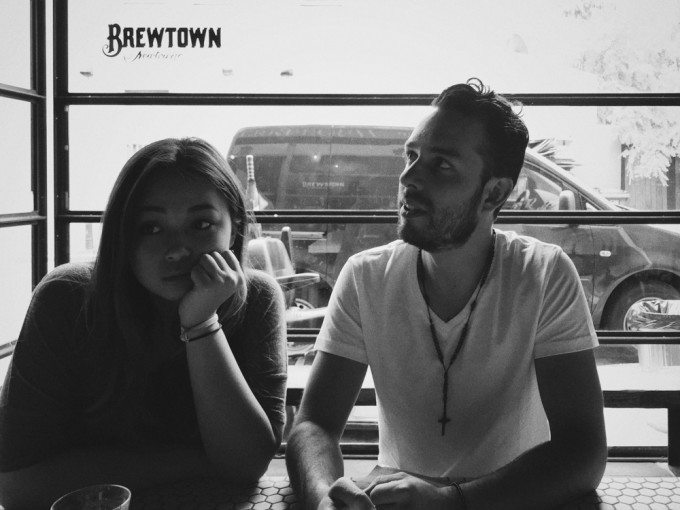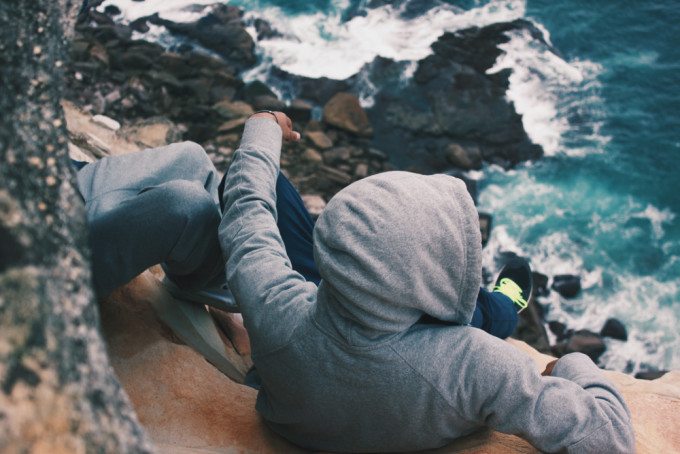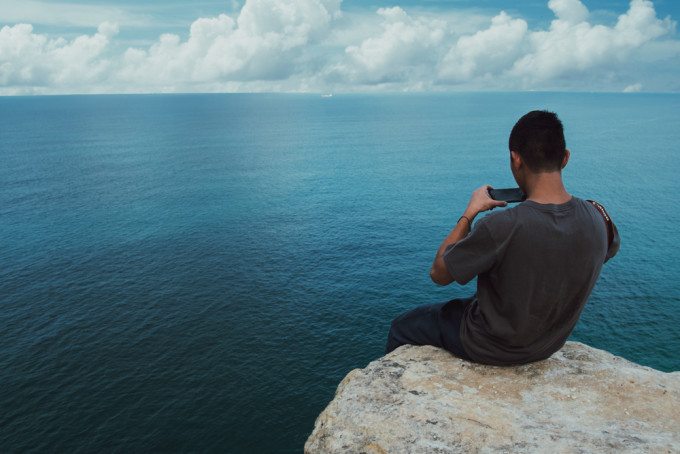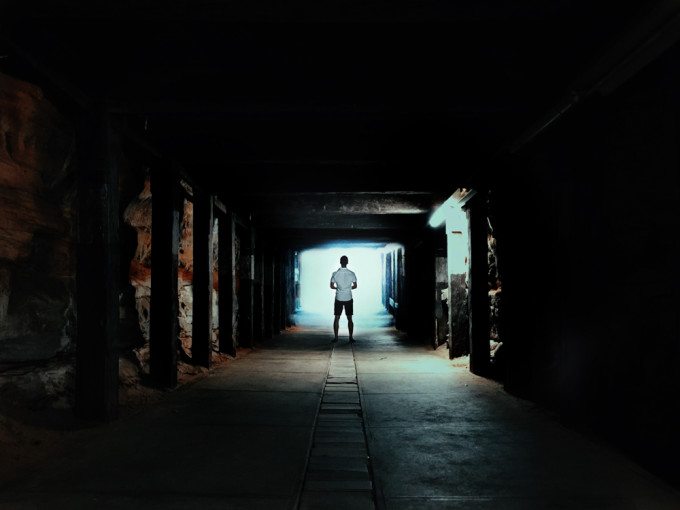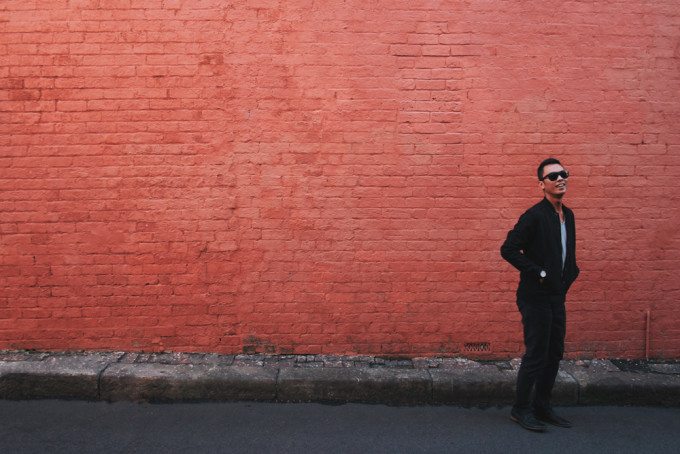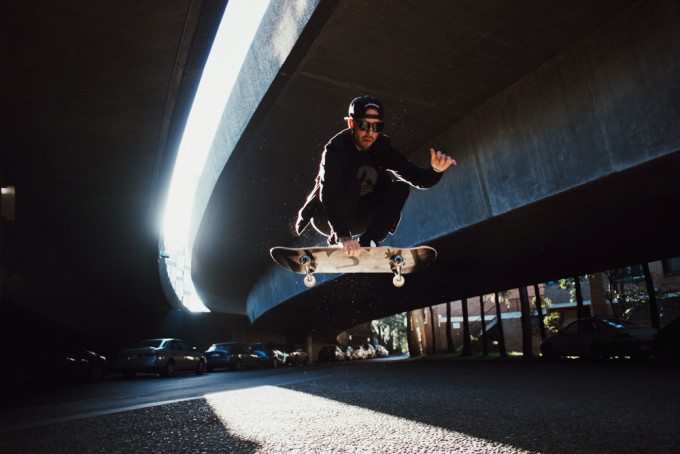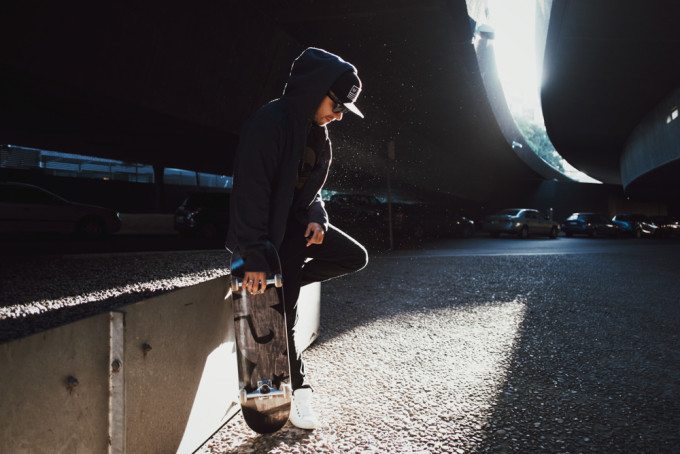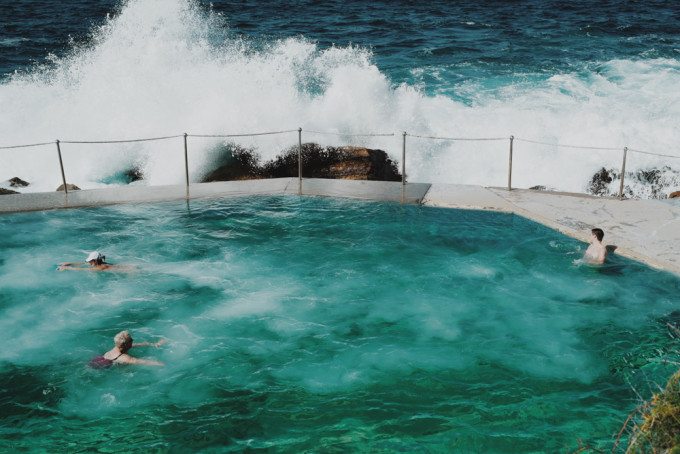Last Updated on 07/16/2015 by Chris Gampat
All images by Benjamin Lee. Used with permission.
Lifestyle photography is a relatively new genre, and much of it has to do with a specific look and how you market that look. Photographer Benjamin Lee has been a full time professional Lifestyle shooter for around one year now, but he tells us that most of his job doesn’t involve shooting.
He says, “…I spend very little time actually shooting. If I had to give it a figure, it would probably only be 10-15% of the process which would sound crazy to non-photographers.”
We talked to Ben about the business of Lifestyle photography and his own creative vision.
Phoblographer: Talk to us about how you first got into photography.
Ben: I first realized that I had developed an interest in photography a few years back when I joined Instagram in its very early days. Through Instagram I had discovered a few amazingly talented photographers who’s work really stuck with me. Only ever appreciating photography from a distance, I decided it was time to give it a go myself. I’ve been shooting more seriously for just over a year now.
Being a digital content creator, I guess it was a natural transition as the two skills go hand-in-hand.
Phoblographer: What attracted you to lifestyle work?
Ben: I’ve always been attracted to the authenticity and candidness of lifestyle photography. Photography to me has always been a complimentary way of documenting life without getting in the way of enjoying each moment. This genre of photography connects well with my personality because it captures the spontaneity of moments in the natural flow of things.
Phoblographer: When you work with new products, where do you usually draw your inspiration from? Do you have a process?
Ben: I try not to plan my shoots too thoroughly as I feel this hampers my creative process. The only real planning I’ll do is to come up with an overall feel or theme that I want to convey for the shoot, along with scouting for a good location. The theme & feel is product dependant and usually gravitates around the use cases for that product. For example, on a recent shoot for an athletic apparel brand which specialises in quality hoodies, I shot an urban skateboard theme under an overpass (see photos attached).
Beyond that I’ll just show up to the location and freestyle it from there. I think this approach goes well with lifestyle photography as it helps convey authenticity. Shooting in this way also makes it more fun and feel less like work.
Outside of actual shooting I do spend a good amount of time consuming photos, websites, social media, magazines etc as I believe the secret to creating great content is to develop great taste.
Phoblographer: You’re very specific about your framing in that your subjects are mostly focused around the center–but it still leads to effective images. Where do you get your sense of composition?
Ben: I like the feel, strength and simplicity that centred compositions convey. There is zero ambiguity in what the subject of the photo is or where your eye should be looking. It helps drive the message across, which is particularly effective when shooting products / brands.
A good amount of my photos are specifically shot for Instagram and mobile campaigns which are typically in the 1:1 square format. Shooting with the subject in or near the centre of the frame allows me more freedom in cropping the photos to the 1:1 format in post. There is nothing worse than shooting a great photo then realising in post that it does not look great when cropped to 1:1. When shooting for Instagram, I strongly recommend shooting wide and cropping later so that you have more to work with in post.
Phoblographer: Let’s talk business: how much time do you actually spend shooting vs doing other tasks like travelling, marketing, negotiations, etc?
Ben: Relative to the whole process, I spend very little time actually shooting. If I had to give it a figure, it would probably only be 10-15% of the process which would sound crazy to non-photographers.
The bulk remainder of my time is spent doing the following four activities (in no particular order):
Editing / post processing: My style of photography often requires a good amount of post processing and editing.
Travelling: I like to shoot at different and exciting locations so this varies quite wildly depending on how far I have to travel. For a more extreme example, I once drove 2 hours (each way), hiked for a solid hour (each way) and only spent about 25 minutes shooting at the actual location.
Managing all the social networks and platforms that I’m on. This takes more time than people realise. I guess you could call it “new age marketing”. It is important build & maintain your personal brand’s social presence. As best as I can, I try to keep an open dialogue with my audience as I believe that they are the main reason why I have succeeded to date.
Side note: Snapchat I’ve found is a new emerging platform for photographers to connect with their audience. Myself included, I’ve noticed more and more photographers joining using it as a platform to share “behind-the-scenes” moments of their shoots and daily life. So far I’ve found it to be incredibly engaging and allows the photographer to step out from behind the lens and connect on a personal level with their audience.
You can publicly share video snippets and photos which self delete after 24 hours. It is a lot of work however, given it’s ephemeral 24 hour half life (but that takes the pressure off the perfection and formality of your what you share). This is incredibly powerful as photographers can now move onto becoming more than just a small byline underneath a photo.
Responding to clients / emails.
Personally, I believe that being a superb photographer is only half of what is required to be successful in this field. It is no secret that everyone is a photographer these days so being able to excel at all the other tasks required is what will help you stand above the rest of the crowd.
Phoblographer: Every photographer has trademarks of their own that they need in their images to really make it theirs. What do you feel yours are?
Ben: Seeing as I’ve only really been shooting for just over a year, I feel it’s too early in my photographic career to have any definitive trademarks and it’s not something that I’ve given too much thought to. I think it is something that will reveal itself naturally over time.
Currently though, I like stronger contrasts and tend to look for textures and tones in my image. Apart from that, I try to capture the mood and presence of each moment in my photographs.
